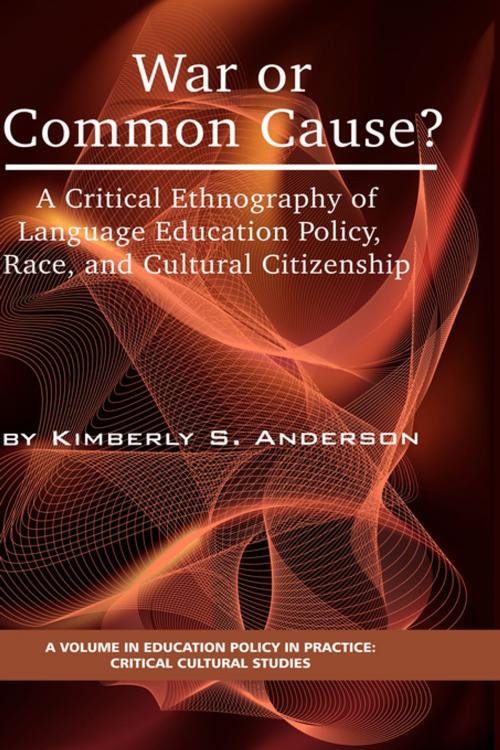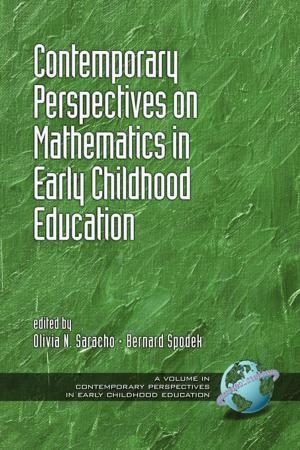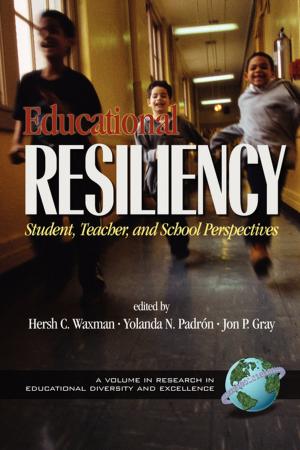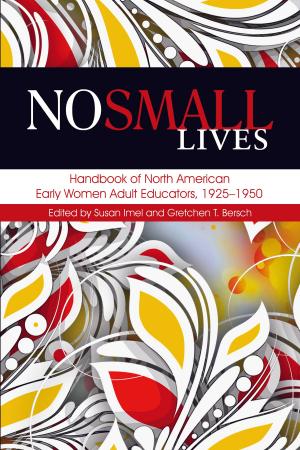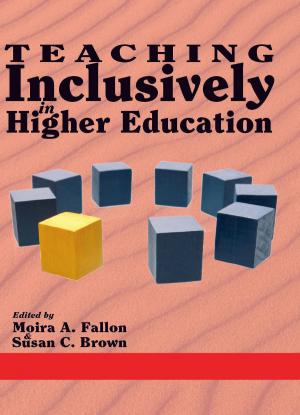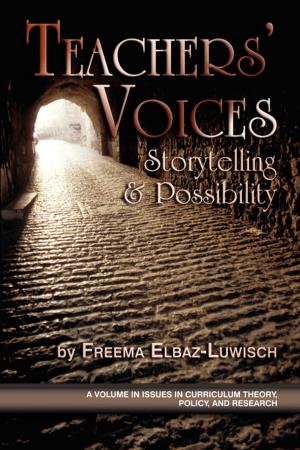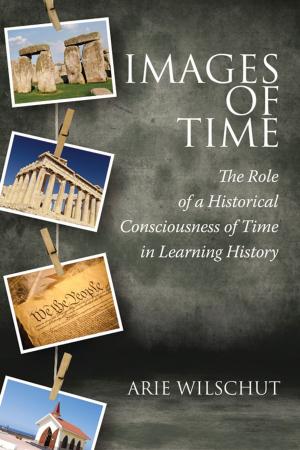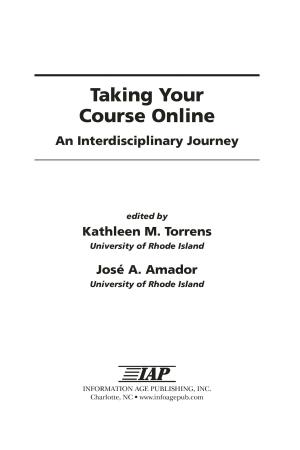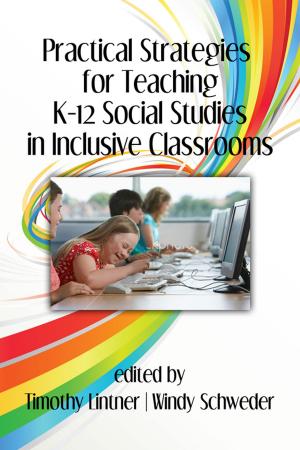War or Common Cause?
A Critical Ethnography of Language Education Policy, Race, and Cultural Citizenship
Nonfiction, Reference & Language, Education & Teaching, Student & Student Life, Higher Education| Author: | ISBN: | 9781607529965 | |
| Publisher: | Information Age Publishing | Publication: | January 1, 2009 |
| Imprint: | Information Age Publishing | Language: | English |
| Author: | |
| ISBN: | 9781607529965 |
| Publisher: | Information Age Publishing |
| Publication: | January 1, 2009 |
| Imprint: | Information Age Publishing |
| Language: | English |
This book on bilingual education policy represents a multidimensional and longitudinal study of “policy processes” as they play out on the ground (a single school in Los Angeles), and over time (both within the same school, and also within the state of Georgia). In order to reconstruct this complex policy process, Anderson impressively marshals a great variety of forms of “discourse.” Most of this discourse, of course, comes from overheard discussions and spontaneous interviews conducted at a particular school—the voices of teachers and administrators. Such discourse forms the heart of her ethnographic findings. Yet Anderson also brings an ethnographer’s eye to national and regional debates as they are conducted and represented in different forms of media, especially newspapers and magazines. She then uses the key theoretical concept of “articulation” to conceptually link these media representations with local school discourse. The result is an illuminating account of how everyday debates at a particular school and media debates occurring more broadly mutually inform one another.
This book on bilingual education policy represents a multidimensional and longitudinal study of “policy processes” as they play out on the ground (a single school in Los Angeles), and over time (both within the same school, and also within the state of Georgia). In order to reconstruct this complex policy process, Anderson impressively marshals a great variety of forms of “discourse.” Most of this discourse, of course, comes from overheard discussions and spontaneous interviews conducted at a particular school—the voices of teachers and administrators. Such discourse forms the heart of her ethnographic findings. Yet Anderson also brings an ethnographer’s eye to national and regional debates as they are conducted and represented in different forms of media, especially newspapers and magazines. She then uses the key theoretical concept of “articulation” to conceptually link these media representations with local school discourse. The result is an illuminating account of how everyday debates at a particular school and media debates occurring more broadly mutually inform one another.
